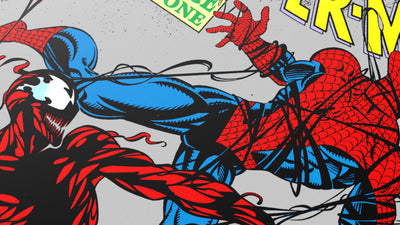Sadly, I ran out of space on my phone for additional video while Nacho related his anectode about playing the ZX Spectrum game Way of the Exploding Fist Part II as a child. He talked about how the game was poorly coded, but as a child he had no concept of the limitations of the game, so when he found a bug that dropped him into an empty level where he was walking forward for an infinitely long stretch without facing an enemy, he thought it was part of the game- a fighting game turned into a confrontational game about patience. He ammended it with a story about another early game that in trying to faithfully recreate a conflict between Zulu warriors and British troops, ended up being impossible to win- and Became a piece that explores failure, something that never would have been done in a commercial game and may only just now be acceptable as our expectations of what games are slowly changes.
Just as these additions to the language of cinema have changed the way we think, the still-forming language of games is changing the way we think, and it's informing cinema. Nacho was brave enough to utter something I had been thinking but that I figured no one would agree with- that Gaspar Noe's film Enter the Void is a film highly influenced by the language of games, and a film that might actually lend itself to being a game. Enter the Void is a brilliant experiment in perspective- something that can actually be explored in a game world as opposed to just theorized about in the narrative of a film. A real camera can only do so many things, but a 'camera' in a game world can do just about anything. The shifting perspective in Enter the Void behaves like the camera in a game. It can go anywhere, it can be anything.
The power of creating a game world is the power to play with the basic rules of the universe, or to subtract superfluous things until you are left with one concept that you want to explore. Jonathan Blow's Braid plays with variations on the rules that govern time. Nacho Vigalondo's Timecrimes helps us understand time as an unchanging 4th dimentional sculpture- where even attempts to manipulate time never change its shape. They are almost sister works.-Wiley Wiggins

